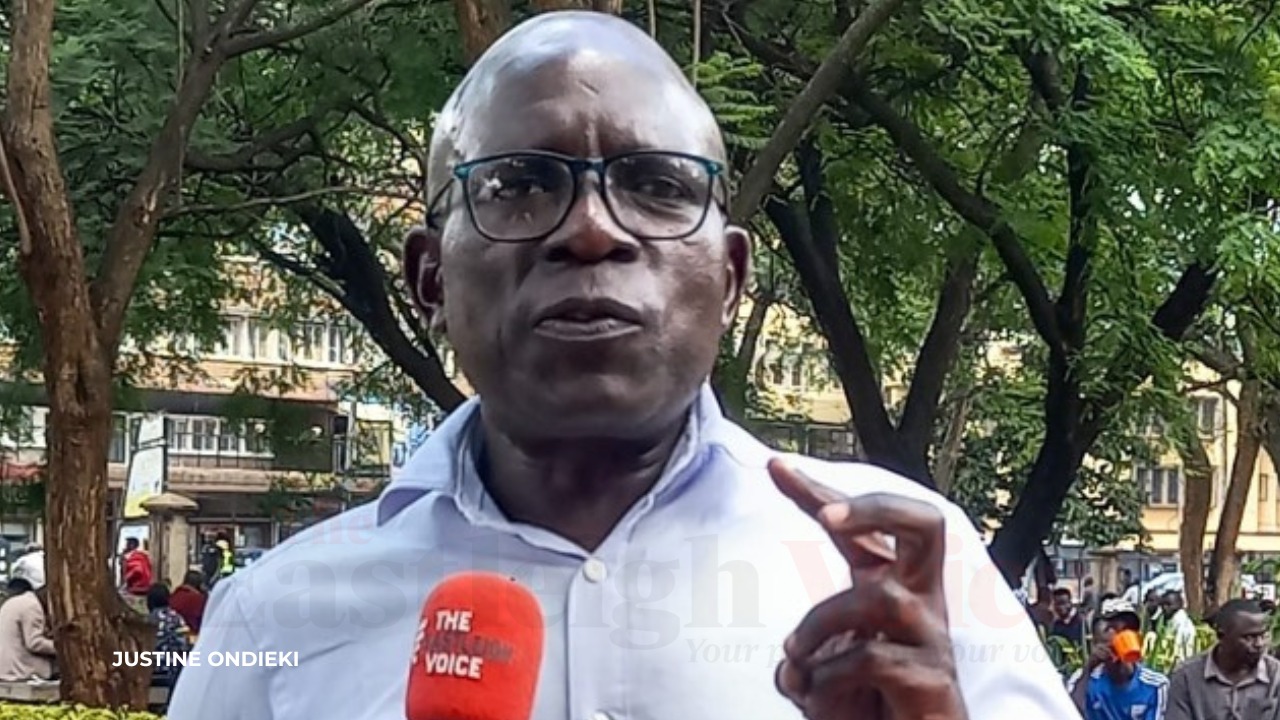Kenya intensifies fight against misuse of public funds through new leadership training

Kenya is intensifying efforts to strengthen its public finance management (PFM) system in a bid to curb wastage and embezzlement of public funds.
This follows the induction of the second cohort of senior state officials into a capacity-building programme aimed at enhancing efficiency, accountability, and ethical leadership in the management of public resources.
More To Read
- Kenya saves Sh16.5 billion as EACC strengthens anti-corruption measures
- 152 officers fail integrity tests as EACC flags widespread ethical breaches
- EACC intensifies war on corruption, recovers Sh3.4 billion in assets
- EACC report exposes billions lost to corruption in state agencies, counties
- Bribery dominates EACC corruption cases, embezzlement close behind
- MPs back move to amend finance law to align audit timelines with Constitution
Dubbed Leadership Excellence in Africa’s Public Sector (LEAPS), the initiative is spearheaded by the African Capacity Building Foundation (ACBF) in partnership with several African governments. It seeks to build leadership and governance skills among senior public finance officials across the continent.
The programme currently runs in six African countries — Kenya, Zimbabwe, Nigeria, Ghana, Ivory Coast, and Senegal — and is designed to strengthen financial accountability, transparency, and institutional self-assessment.
Speaking during the opening of the second cohort workshop in Nairobi, ACBF’s Head of Economic and Social Governance, Rodolphe Bance, praised the progress made so far.
“When we launched the LEAPS program a year ago, our ambition was clear: to develop a new generation of African public sector leaders capable of combining technical expertise, leadership and public service ethics,” Bance said.
“Today, as we conclude the journey of the first cohort, we can proudly say that this ambition is becoming a reality.”
Bance noted that challenges such as resistance to change and weak collaboration among policymakers, implementers, and accounting officers had been identified as major obstacles to prudent public finance management.
“Many systems are technically sound, but what’s missing is the will to embrace reform and work together across departments. Without that, efficiency and accountability remain elusive,” he added, emphasising the need for stronger inter-agency coordination within the PFM ecosystem.
The first phase of the LEAPS programme, launched in November 2024, concluded in June 2025, having trained 79 senior officials from Kenya, Zimbabwe, Nigeria, Ghana, and Senegal.
Out of Kenya’s 15 participants, 14 completed the six-month leadership and governance training and were certified during a graduation ceremony held on Tuesday.
Following the success of the inaugural phase, ACBF invited each participating nation to nominate another 15 senior officials for the second cohort, which begins this week.
The continued rollout of LEAPS underscores ACBF’s commitment — in collaboration with African governments — to entrench integrity, leadership excellence, and transparency in the region’s public finance systems.
According to Mohamed Salat, ACBF’s Programme Officer for Economic and Social Governance, the training encourages officials to assess their own performance and implement reforms from within.
“This reflective approach is vital in boosting public trust and ensuring that government actions align more closely with citizens’ needs,” Salat said.
He added that beyond technical skills, LEAPS places a strong emphasis on ethical leadership and institutional collaboration.
The programme targets officials from key PFM institutions such as the National Treasury, Office of the Auditor General, Office of the Controller of Budget, Kenya Revenue Authority, and critical parliamentary committees. It also promotes cross-border learning and benchmarking to share best practices in managing public funds.
Kenya’s renewed focus on capacity building comes amid persistent concerns over corruption and waste. The Kenya Association of Manufacturers (KAM) recently estimated that the country loses at least Sh3 billion daily to graft — money that could otherwise spur national development.
This followed Treasury Cabinet Secretary John Mbadi’s earlier estimate that Kenya loses Sh2 billion daily through wastage of tax-generated resources.
Through initiatives such as LEAPS, stakeholders hope that empowering leaders to handle public funds more prudently will mark a turning point in Kenya’s enduring struggle against financial mismanagement and corruption.
Top Stories Today














































